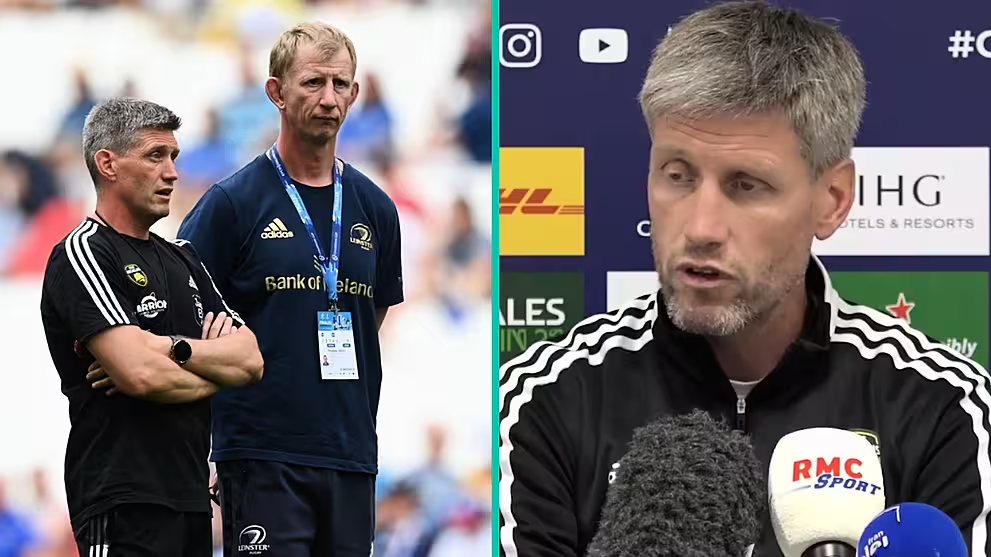Rugby is never afraid to use technology in order to improve the sport at the top level.
Down through the years, the law makers in the game have introduced various changes in order to ensure the best possible product on the field. The ability to hold video reviews is the main one, with TMOs now part and parcel of the game.
Technology is only likely to play an even larger part in the sport moving forward, with one big innovation on show at this summer's U20 World Rugby Championship.
'Smart ball' being trialled at U20 World Rugby Championship
Even with the aid of video replays, it can be difficult for the officials to make definite decisions on some incidents within a game. Things such as the ball being held up or deciding if a player made contact with the ball can often be quite ambiguous. With this in mind, a new technology being trialled this summer could be a huge step forward for the sport.
As reported by RTÉ, 'smart ball' technology is set to be tested at the U20 World Rugby Championship this summer.
The ball will give the officials immediate feedback on a number of different aspects of the game, including each pass and kick. The technology can be consulted on issues such as whether the ball crossed the try line, was touched in the air, or if a line-out throw was straight.
All of this information will be made available to the TMO, who can then use it to help inform the referee.
World Rugby's director of rugby Phil Davies explained the advantages of the technology.
A fast game is a good game, and it is right that we explore technology that has the potential to help aid the flow of the game, reduce stoppage time and speed up match official decision-making.
Rugby refereeing is perhaps the most difficult officiating job in sport.
There are multiple decisions or non-decisions that are made at any given moment, and the advancement of broadcast and social media means that such decisions are poured over long after the event.
The evolution of smart ball technology opens the door to assist match officials in reaching accurate decisions more quickly, removing subjectivity and reducing the chance of error.
Should it prove to be a success, this technology should serve to help the officials get as many decisions as correct as possible.
That can only be a good thing for the game.











